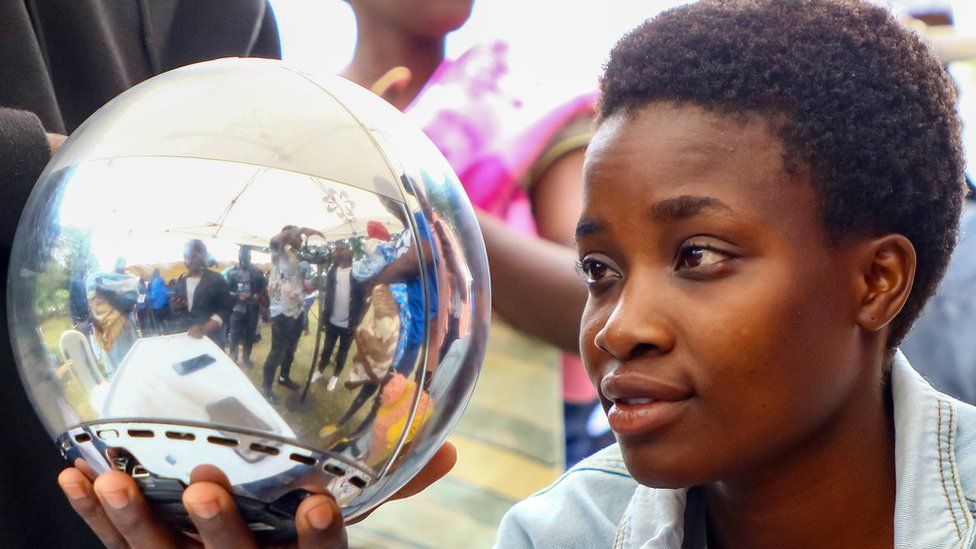Worldcoin (WLD), the project at the center of debates, is rapidly changing gears to expand its global footprint since its launch last month. In order to put an end to these debates and enable third parties to create their own digital identity systems, Worldcoin has decided to share iris scanning technology with third parties.
Worldcoin’s Technology to be Shared with Third Parties
The Worldcoin Foundation has announced that iris scanning technology will be shared with third parties to create digital identity systems. The Foundation also promised to comply with data protection laws and work with authorities to eliminate privacy concerns. In this context, a digital identity system will be introduced that allows businesses to use the technology without collecting personal data. For example, a coffee shop could use Worldcoin’s system to ensure that each person only requests one free coffee.
Worldcoin’s “iris scanning” technology used to create digital identities worldwide has faced backlash and investigations in some regions of the world.
Worldcoin Makes Significant Moves in Europe
Ricardo Macieira, the European General Manager of Tools For Humanity behind the Worldcoin project, stated their goal of creating a large finance and identity community through the project. In fact, in May, investors such as Blockchain Capital, a16z crypto, Bain Capital Crypto, and Distributed Global made a significant investment of $115 million in the project. Macieira also mentioned that Worldcoin will expand its operations to Europe, Latin America, Africa, and other regions.

The company’s website mentions various potential uses, such as distinguishing people from artificial intelligence and assisting in global democratic processes. It even suggests a potential path to universal basic income, although not guaranteed. In this context, the Worldcoin project is currently facing extensive investigations in Europe.
While aiming to support universal basic income, Macieira stated that their main focus is to build the infrastructure for governments or other organizations to implement such programs. Speaking to Reuters, Macieira said, “The idea here is that as we build this infrastructure, we allow other third parties to use the technology as well.”









